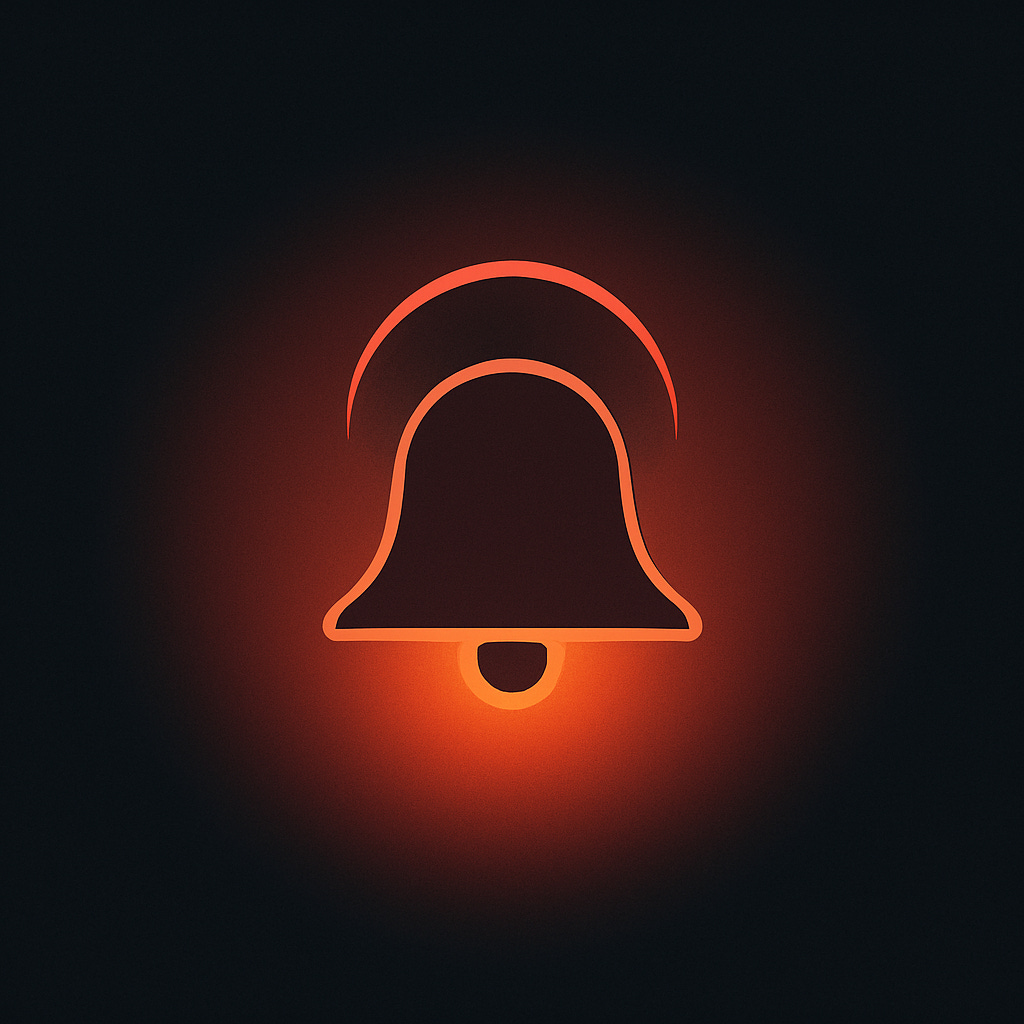The Final Alarm
Understanding intuition as the last message in a long chain of knowing
Exploring intuition through embodied awareness and Black feminist wisdom.
Recently, I had an experience that returned me to a conclusion I’ve reached many times before: My intuition is almost always right. In fact, the reality is usually worse than my intuition indicated.
I have carried this as a humorous life irony. One of those lines I offer with a chuckle. True, but not something I linger on. After a recent disappointment, I found myself pausing a little longer over that familiar irony.
It led me into a thought exercise I hadn’t explored before.
For most of my life, I’ve considered my intuition overly delicate. The kind of thing that reacts to the slightest shift in the wind.
And because of that, I’ve been inclined to dismiss it.
When I feel an intuitive nudge, my first thoughts are often:
You know how you can be.
Sensitive.
Calm down.
Anyone else talk to themselves this way?
My intuition is almost always right. In fact, the reality is usually worse than my intuition indicated.
Accordingly, I tend to push forward. I stay longer than I should. I continue down pathways I already know are wrong for me.
But what if I’ve misunderstood how my intuition actually works?
What if my intuition isn’t a sensitive, trigger-happy system at all?
What if it’s actually a final alarm?
Across neuroscience and cognitive psychology, researchers have consistently shown that the body reads signs and patterns long before the conscious mind does. Author SJ King writes: “Your body is constantly performing this same pattern recognition, but most of us have learned to override or ignore its signals. We live in our heads, treating physical sensations as distractions rather than data. We’ve forgotten how to listen to the profound intelligence that flows through our embodied experience.”1
In that sense, intuition becomes the moment those signals finally rise to awareness. The meeting point between bodily perception and conscious recognition. By the time we can articulate an intuition, the body has already done the work.
Intuition is not the first alarm. It’s the point at which the alarm becomes audible to the conscious mind.
Seeing intuition this way takes some of the mystique out of it, but in a way I appreciate. It makes intuition feel less like a whisper from nowhere and more like the final communication from a wise, experienced internal system that has been processing information for a while.
As a Black woman, this reframing feels especially urgent. Thinkers like Audre Lorde insist that embodied knowing is not only legitimate but necessary for survival in oppressive systems. bell hooks writes about the wisdom of intuition, particularly for Black women navigating structures designed to distort or dismiss our perception.
We need our alarm systems.
So, lately I’ve been thinking less about intuition as my sensitivity, and more as my consciousness finally catching up to my body’s intelligence. The moment I stopped treating my intuition as something overly sensitive, I became more sensitive to it.
More trusting and responsive.
The final alarm.



I love this piece! so much trauma gets past down from our ancestors dna, and it feels like we’re socially conditioned to not trust our intuition. you are not alone in that journey my friend🤍